All-on-4 Dental Implants: Upgrade Your Smile with Fewer Implants
- Aug 01, 2024
When you hear the term "All-on-4 dental implants," you might wonder what it means. This dental procedure restores all your missing teeth using four implants. It's like getting a new smile with fewer implants than traditional methods. It benefits people who have lost many teeth and want a long-lasting solution. Full mouth implants provide strong support for your new teeth. This ensures they remain stable and functional. Patients can enjoy the comfort of knowing their new teeth look natural and feel secure. This approach is not only efficient but also cost-effective. Thus, making it accessible to more people seeking dental restoration. With dental implants, you can regain your confidence and enjoy food without worry.
All on 4 Dental Implants Procedure:
Understanding how this system works can make the idea more manageable. Here's a step-by-step look at the process:
-
Preparation Consultation:
The journey starts with a visit to the dentist. During this appointment, the dentist examines your mouth and takes X-rays. He may also advise CT scans to understand your bone structure. This helps in planning where to place the implants.
-
Treatment Plan:
The dentist creates a customized treatment plan after the examination. This plan details the procedure, timelines, and any preparatory steps needed.
The Step by Step Implant Procedure:
-
Anaesthesia:
On the day of the surgery, the dentist gives local anaesthesia to numb your mouth. This ensures you won't feel pain during the procedure.
-
Placement of Implants:
The dentist then places four titanium implants into your jawbone. These implants act like the roots of your new teeth. Two implants go at the front of your mouth and two at the back, angled for better support.
-
Temporary Denture:
A temporary set of teeth is attached after the implants are placed. This set looks and functions like natural teeth. Thus, allowing you to eat and smile confidently while your mouth heals.
-
Recovery Healing Time:
The implants take a few months to integrate with your jawbone. This process is called osseointegration. During this time, you need to follow your dentist's instructions carefully.
-
Final Denture:
Once the implants are securely placed, the temporary dentures are replaced with the final ones. These teeth are made with accuracy, so they fit your mouth perfectly and look like natural teeth.
Benefits of Full Mouth Implants:
-
Fewer Implants:
Traditional full-mouth implants might need 6 to 8 implants per jaw. However, but the All-on-4 system uses only four. This makes the procedure less invasive.
-
Shorter Treatment Time:
Because fewer implants are used, the surgery and recovery are shorter.
-
Cost-Effective:
Fewer implants mean lower costs, making this option more affordable.
-
Immediate Results:
You leave the dentist's office with a new set of teeth on the same day as the surgery.
-
Stable and Secure:
Traditional dentures which can slip and slide. All-on-4 implants are firmly anchored in your jawbone, providing stability.
-
Improved Appearance:
The implants help maintain your jawbone. This prevents the sunken look often seen with missing teeth.
Cost and Financing for All on 4 Dental Implant Procedure:
The cost of this dental implant procedure can vary based on many factors. These factors include your location, the dentist's experience, and any extra procedures needed. The cost can range from 200000 to 300000 INR per arch (upper or lower set of teeth).
-
Financing Options Insurance:
Check with your medical insurance provider before surgery. They can check if they can cover part of the cost of this dental procedure. Some plans offer partial coverage. In India, most insurance companies do not cover cosmetic procedures. But dental implants are covered under certain plans as they contribute to health.
-
Payment Plans:
Many dental clinics allow you to pay for the procedure over months. So that bulk payment is not required. This motivates patients to get treatment done at an earlier time. It does not put too much strain on their finances.
-
Credit Cards :
Some credit cards cover medical expenses and provide promotional financing. These are modern techniques and will still require time to gain popularity in India.
-
Personal Loans:
You can also consider taking a personal loan to cover costs. Many banks may allow you to take a loan for your medical treatments. Dental implant procedures can also be considered under this.
Frequently Asked Question
Here are some common questions and concerns about the all-on-4 dental implant system:
1.Is the procedure painful?
The procedure is not painful due to the anaesthesia. Some discomfort is expected afterwards but can be managed with pain medication.
2.How long do full mouth implants last?
With proper care, All-on-4 implants can last many years, often 20 years or more.
3.Can anyone get All-on-4 implants?
People with enough jawbone and no health complications can get All-on-4 implants. Your dentist will determine if you are a good candidate.
4.What can I eat after the procedure?
Initially, you should maintain a soft diet and avoid anything hard or crunchy. Your dentist will give you a detailed diet plan.
5.How do I care for my new teeth?
Brush and clean your teeth just like natural teeth. Regular dental check-ups are also essential to ensure the implants remain healthy.
Full Mouth implants offer an excellent option for restoring many missing teeth. They are a reliable, long-lasting option. The procedure is not as invasive as the older traditional methods. It delivers immediate results and has benefits that can improve your quality of life. Consult your dentist to see if All-on-4 dental implants are right for you. This solution can provide you with a beautiful, natural-looking smile. This will increase your confidence and improve your oral health. Dental implants must require less maintenance compared to traditional dentures. Thus, allowing you to enjoy a more carefree lifestyle. Don't let missing teeth hold you back anymore. Explore full mouth implants and take the first step towards a healthier smile.
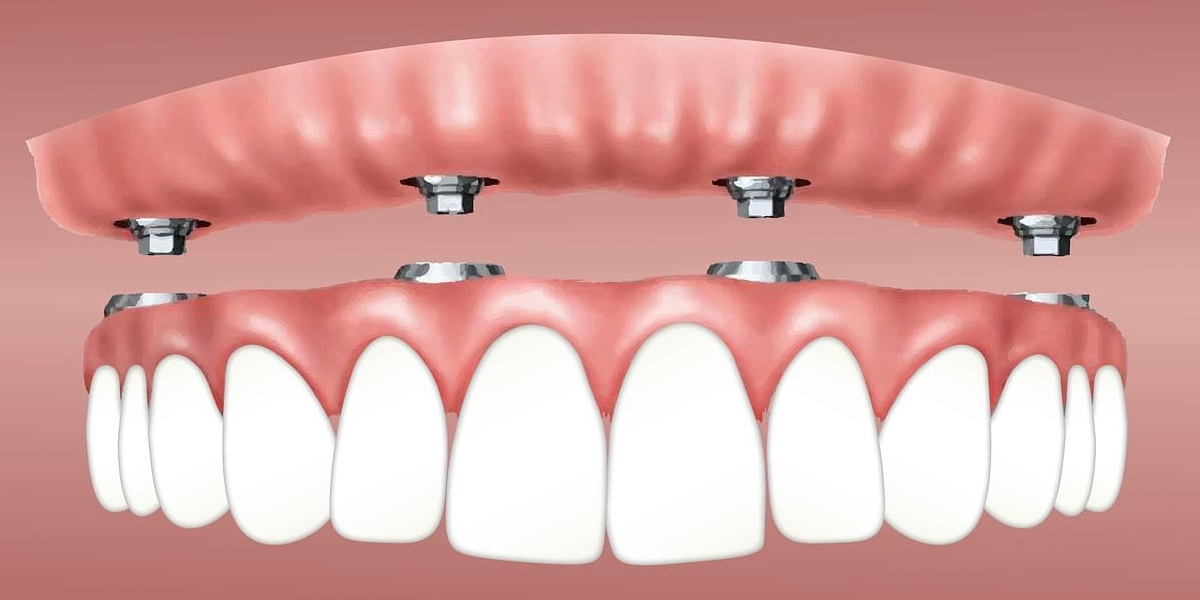
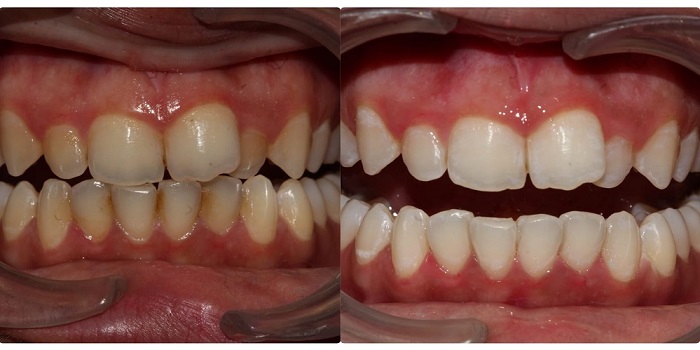



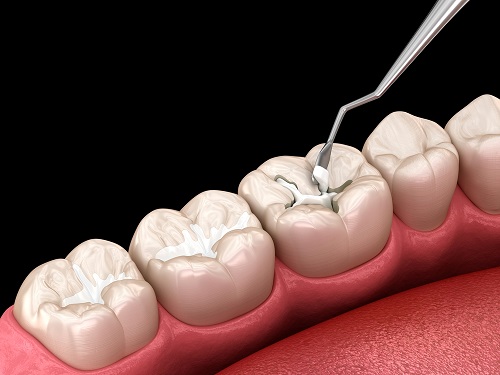
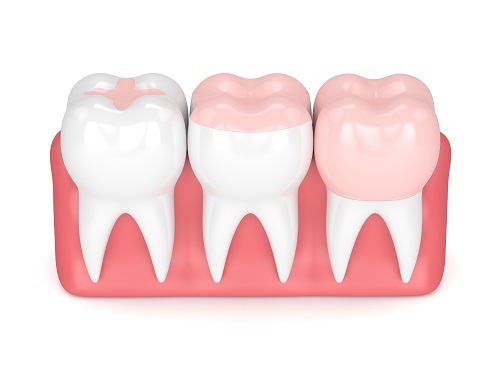

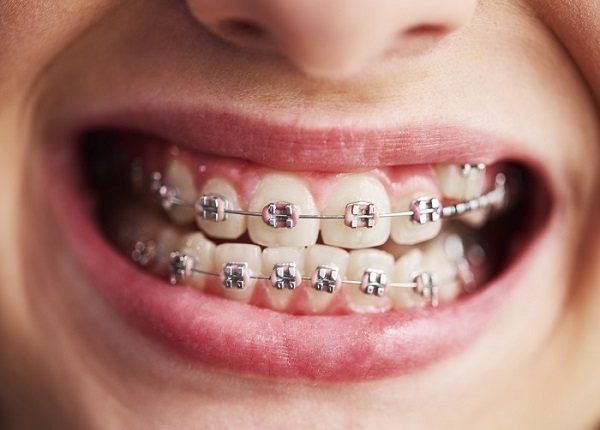
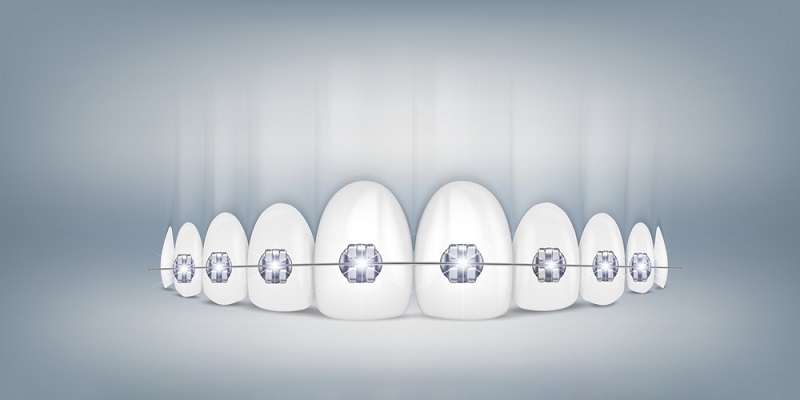
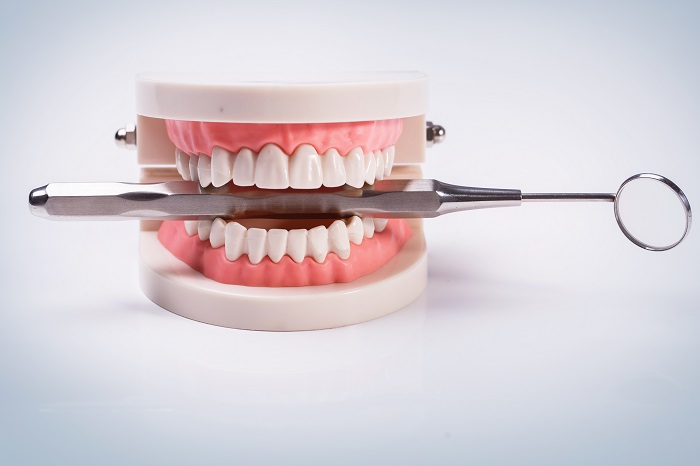
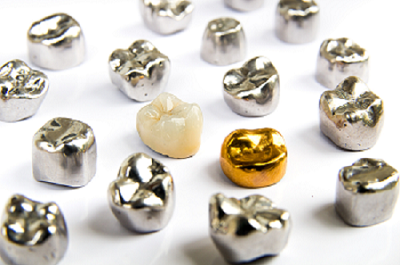
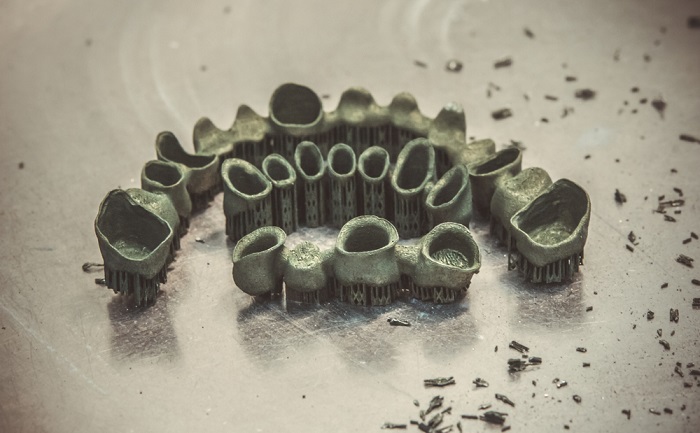
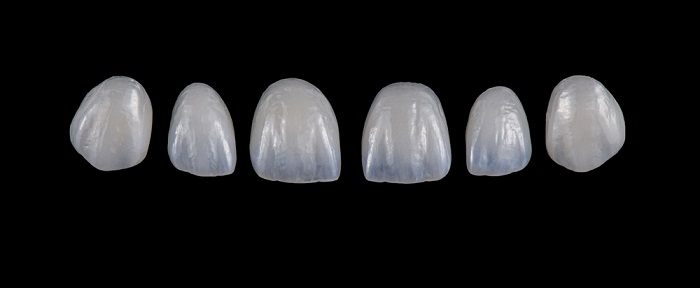
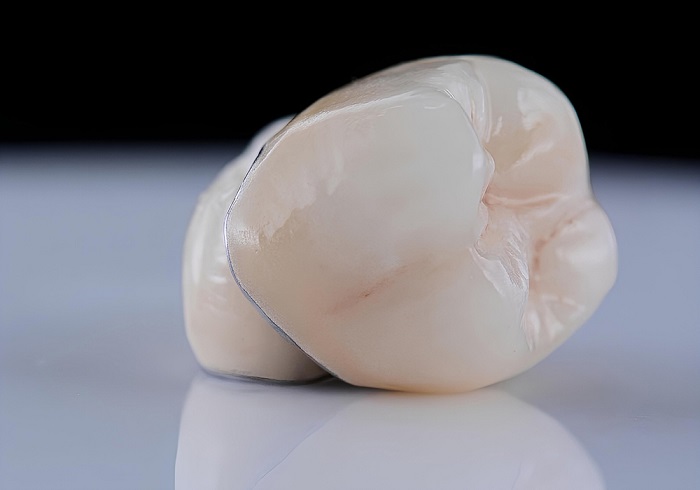


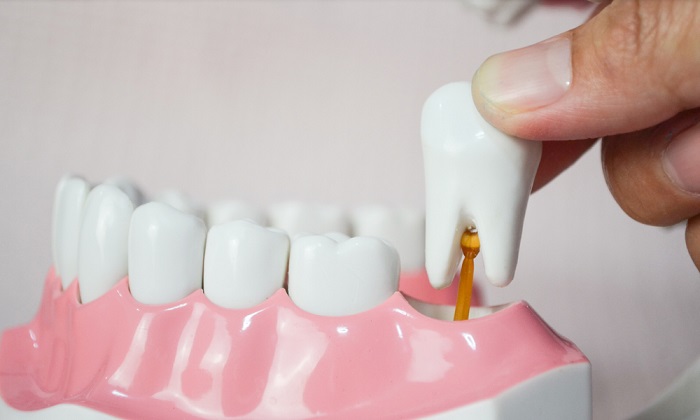

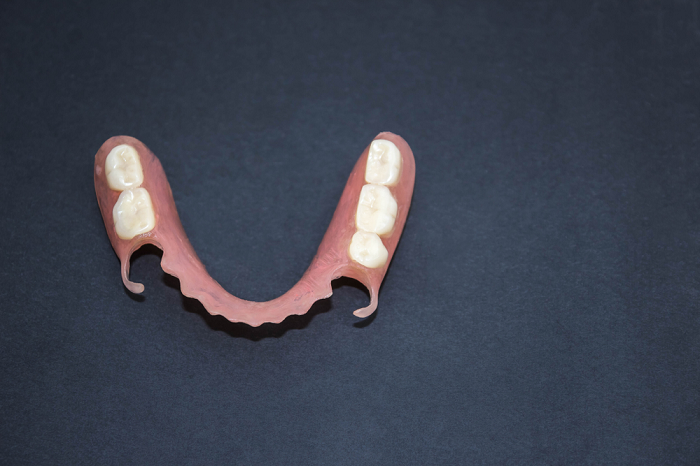
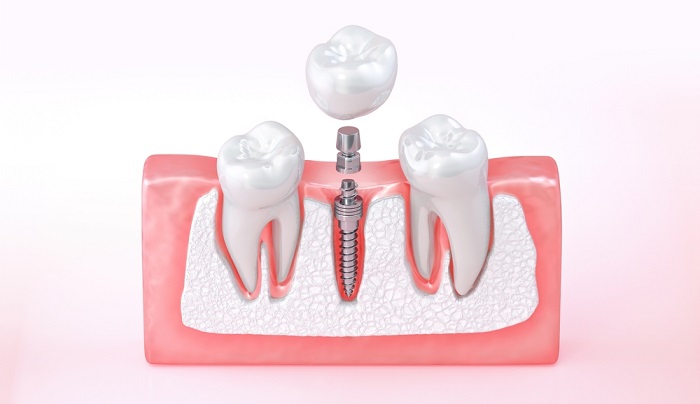
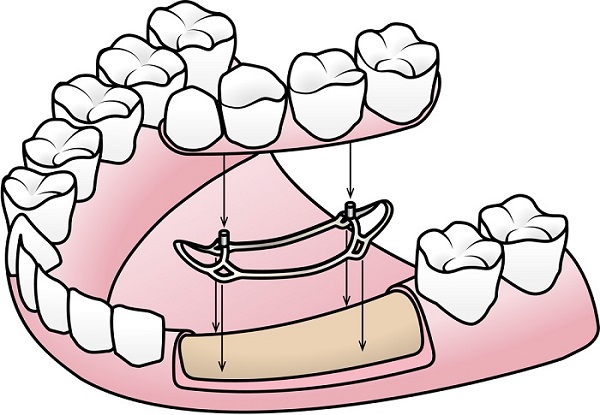
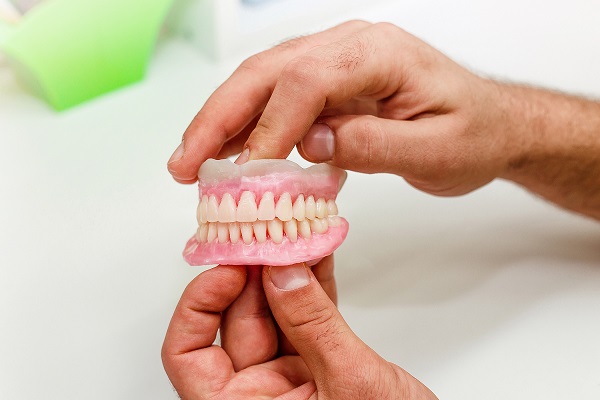

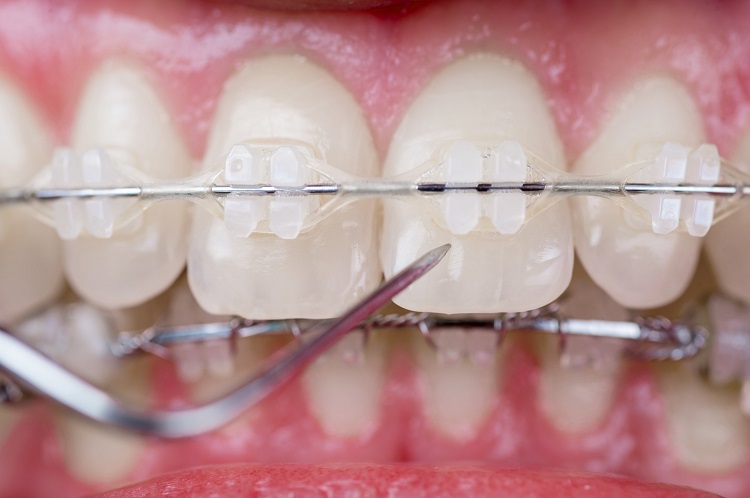
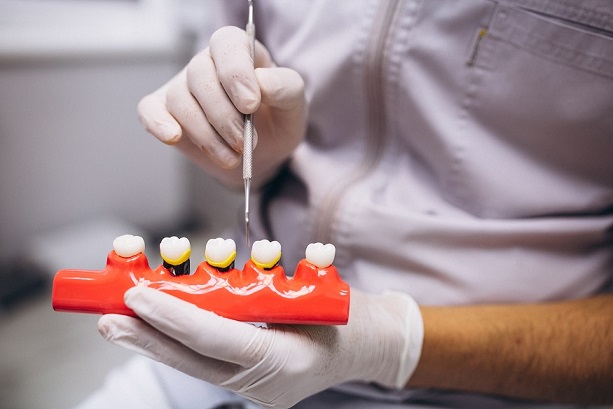
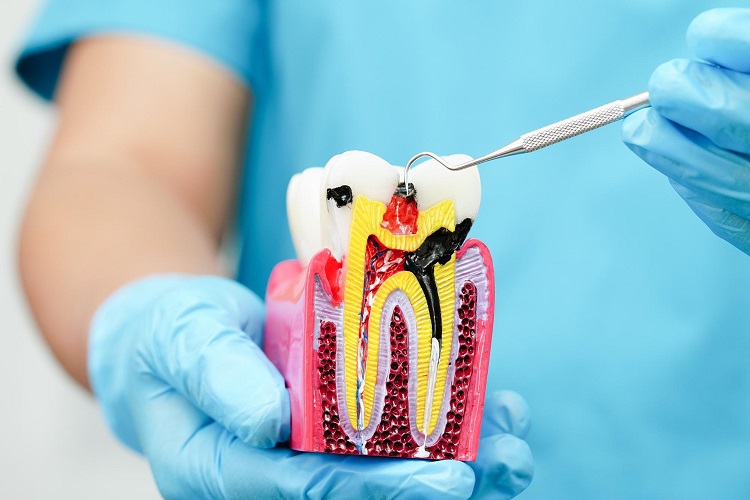
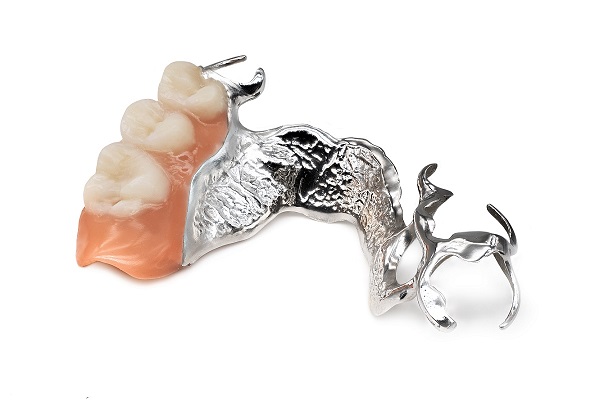
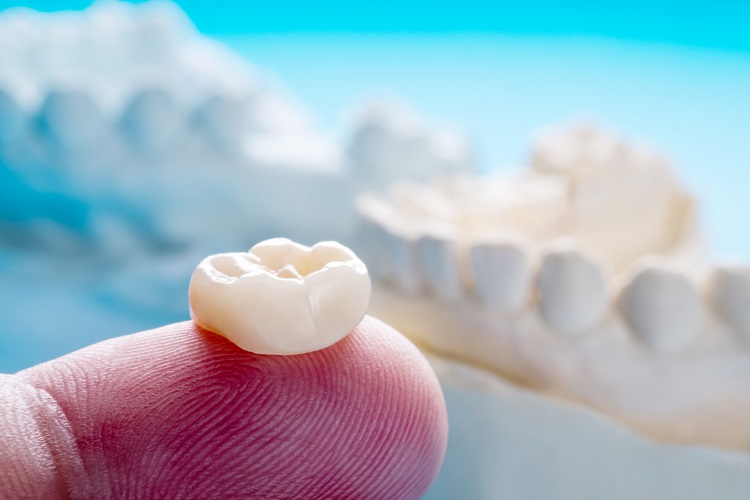
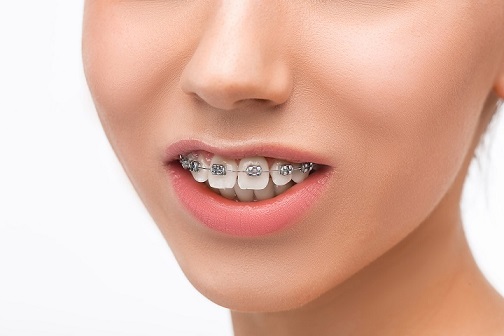

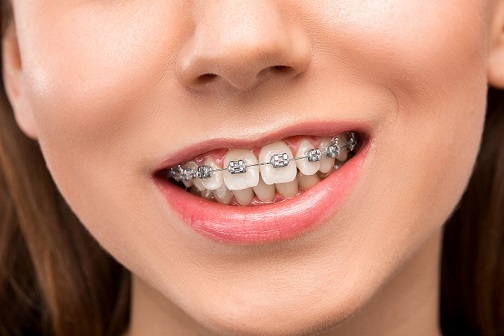
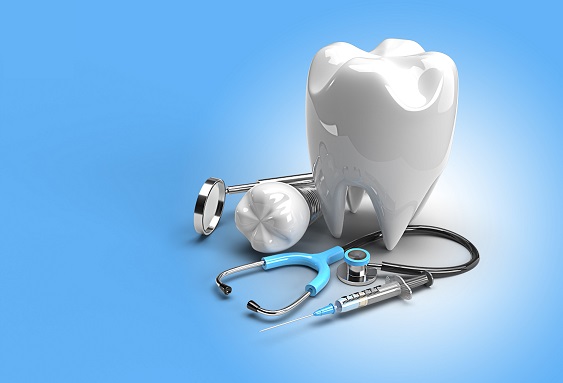

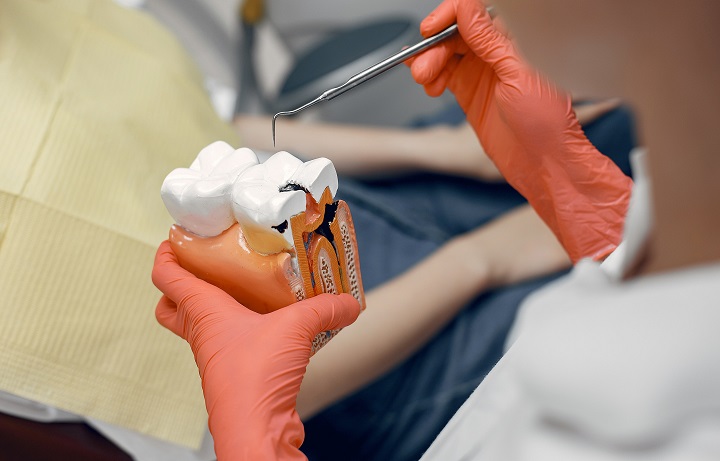
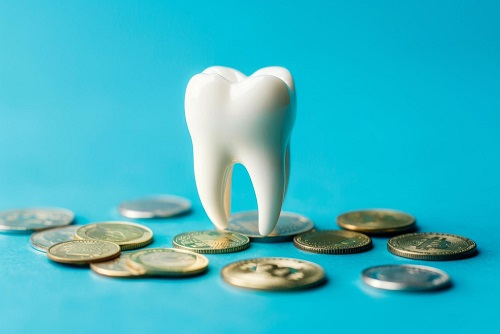
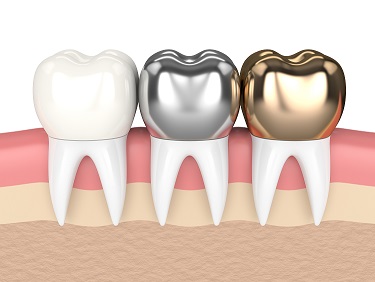
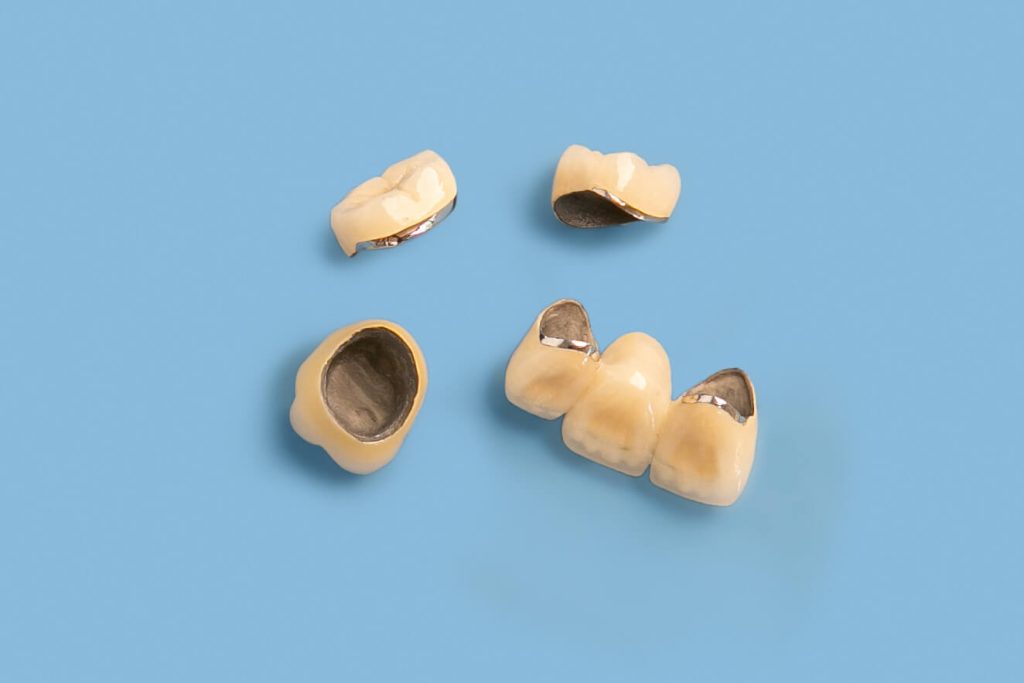
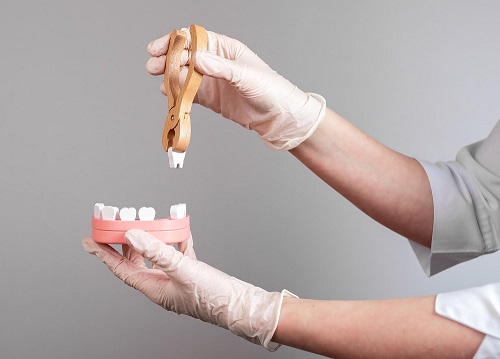


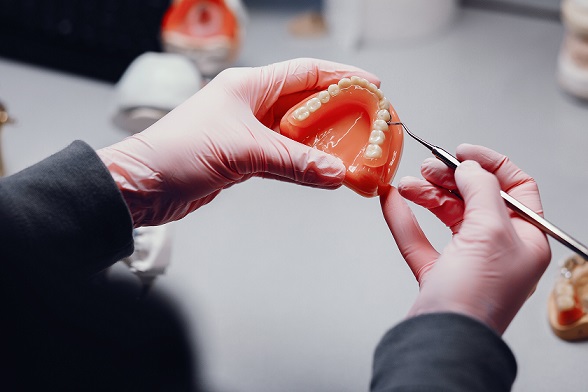
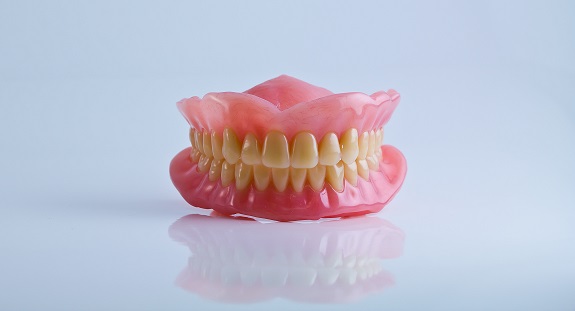
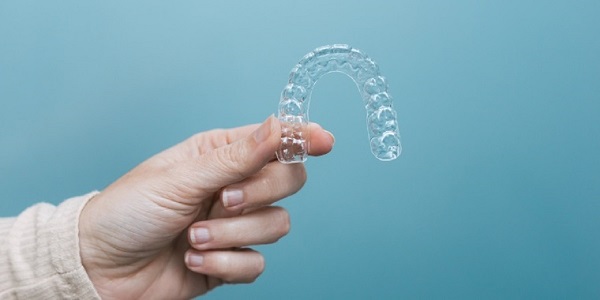
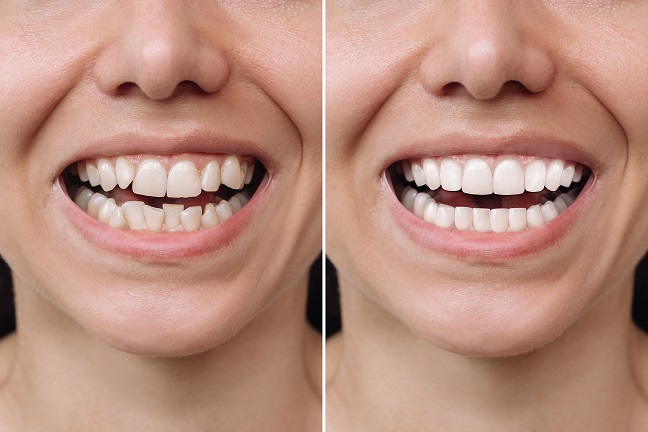
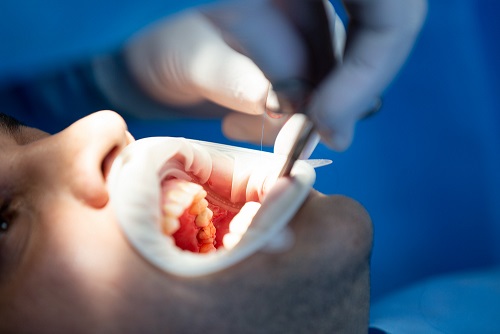
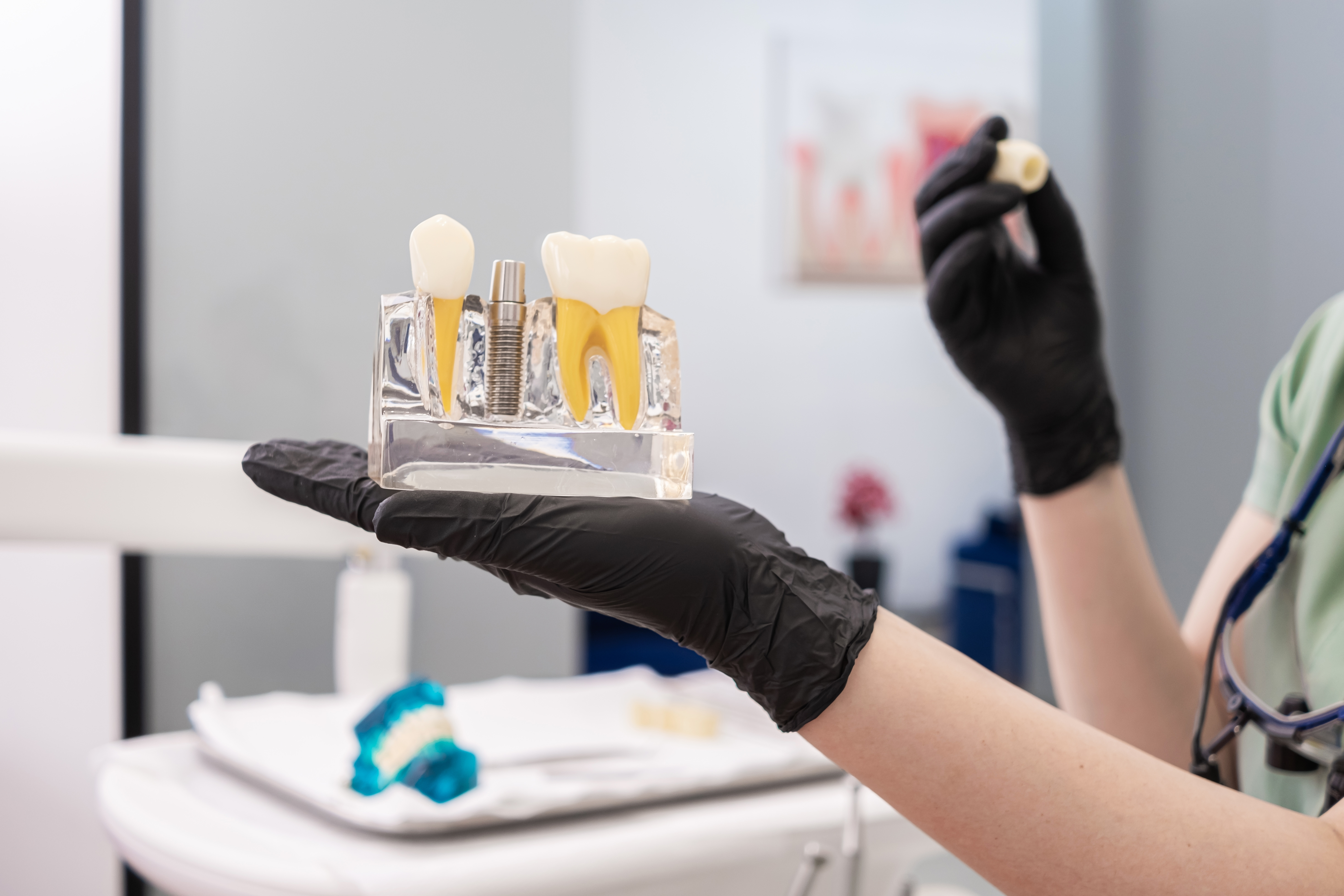
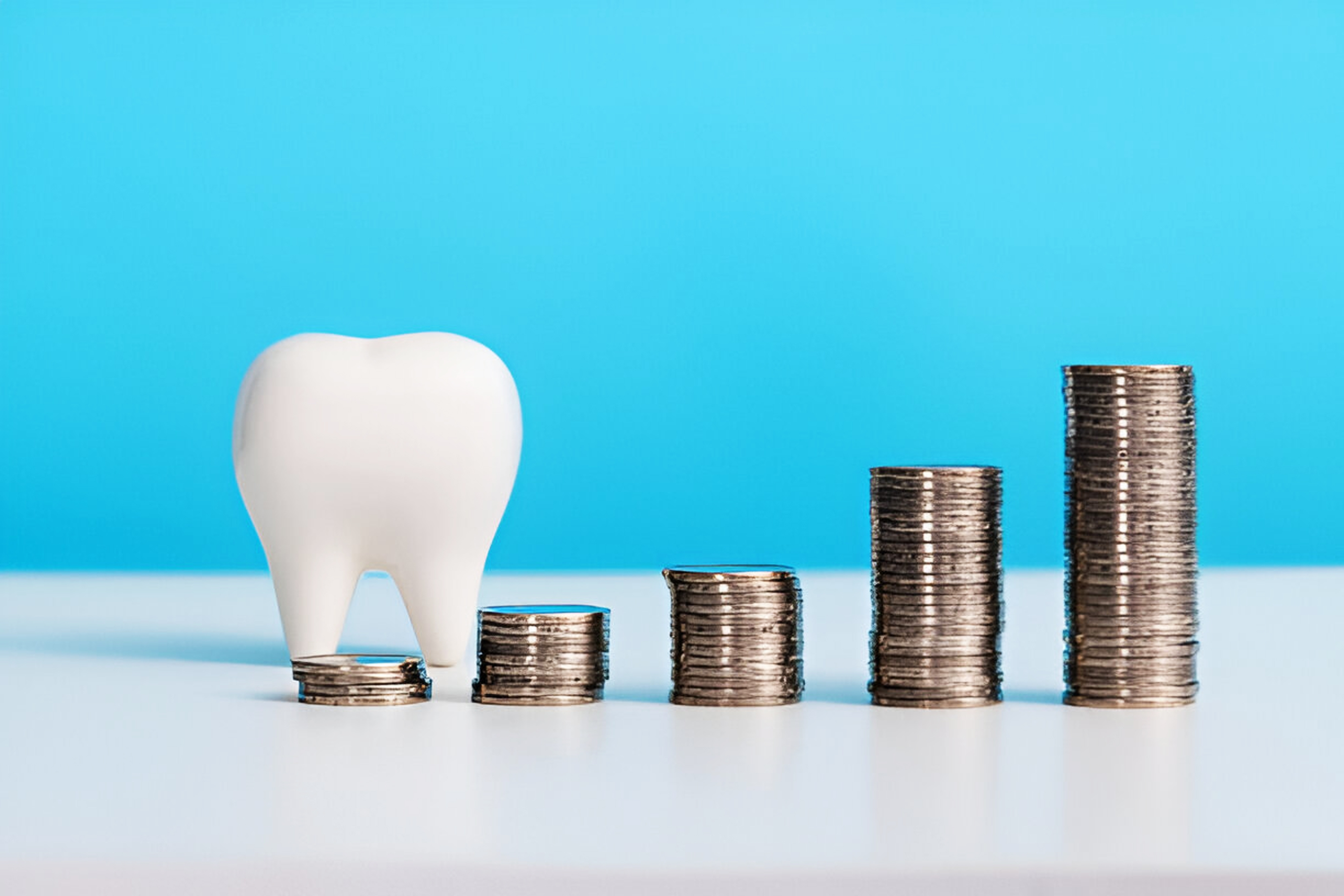

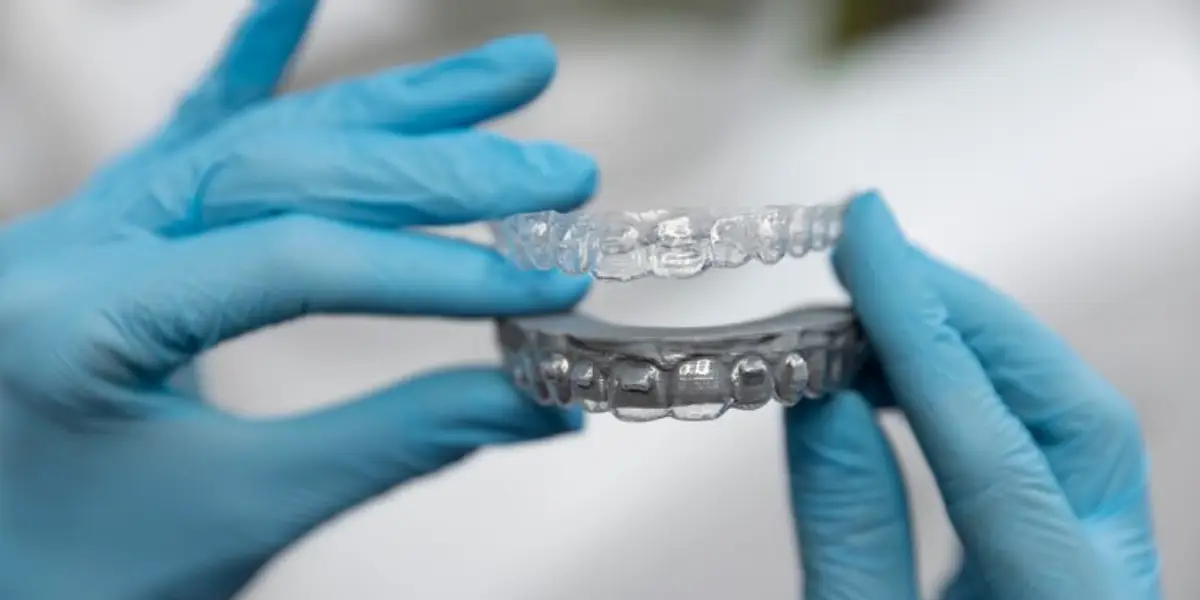
.jpg)
.jpg)
